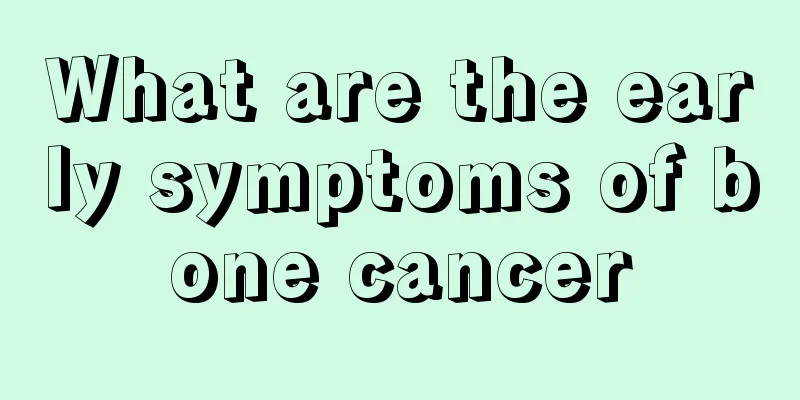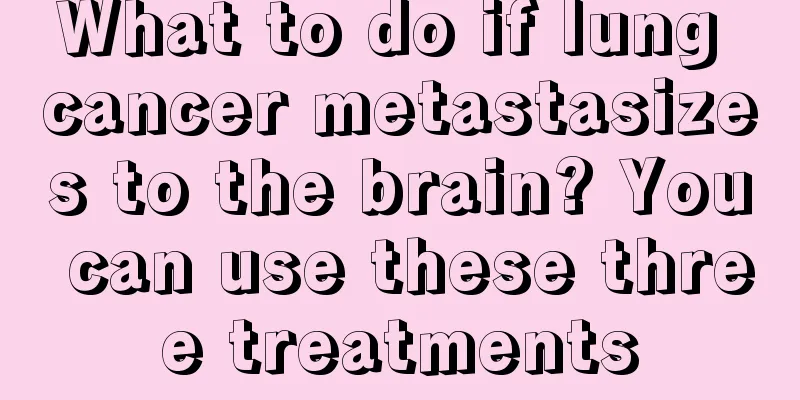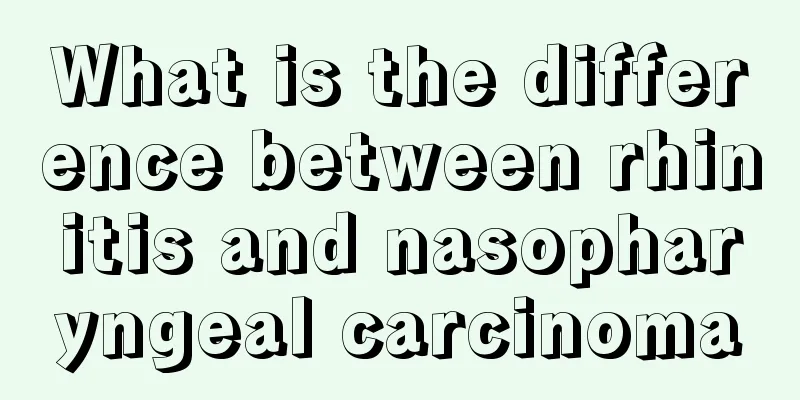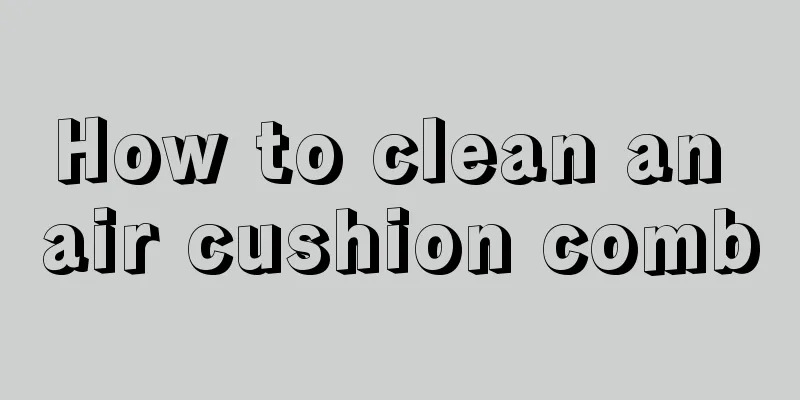What is non-keratinizing nasopharyngeal carcinoma and how can it be treated?
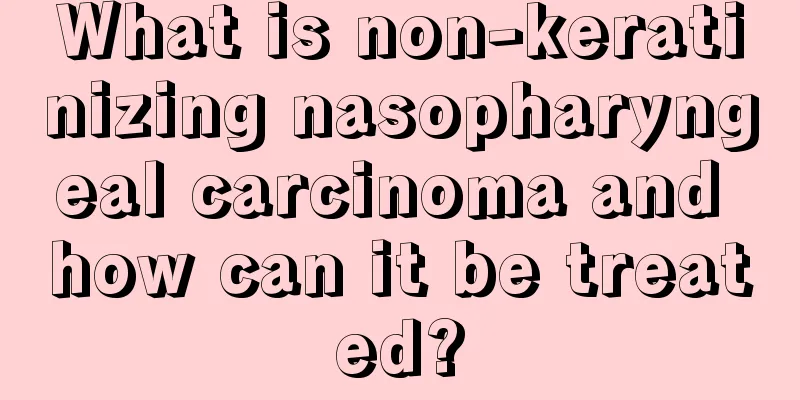
|
Nasopharyngeal carcinoma can be divided into many types according to different situations. Different situations may have different symptoms and treatment methods. So, what is non-keratinizing nasopharyngeal carcinoma? What methods can be used to treat it? Non-keratinizing nasopharyngeal carcinoma accounts for more than 95% of nasopharyngeal carcinoma, is sensitive to radiotherapy, and has a relatively close relationship with the EBV virus. Some tissues of this type of nasopharyngeal carcinoma often have varying numbers of lymphocyte infiltration, so some people defined it as "lymphoepithelial carcinoma" in the early days. This type of nasopharyngeal carcinoma can also be further divided into differentiated and undifferentiated types according to the degree of differentiation of tumor cells, namely differentiated non-keratinizing carcinoma and undifferentiated carcinoma. Non-keratinizing nasopharyngeal carcinoma is sensitive to radiotherapy and has a relatively close relationship with the EBV virus. Non-keratinizing nasopharyngeal carcinoma can be treated with the following: 1. Traditional Chinese Medicine Treatment Among the effective treatments for nasal cancer, traditional Chinese medicine is also relatively common. Traditional Chinese medicine is very effective for the patient's later recovery. It is usually used in combination with radiotherapy and chemotherapy to make up for the physical damage caused by radiotherapy and chemotherapy. It has no toxic side effects and is suitable for any stage of treatment. It is a method commonly used by patients. 2. Surgery It is suitable for well-differentiated squamous cell carcinoma, adenocarcinoma, and poorly differentiated residual tumors after radiotherapy. The surgery uses a lateral nasal incision, and when there is cervical lymph node metastasis, cervical lymph node dissection is performed at the same time. Surgery is a commonly used treatment for nasal cancer and is less harmful to patients. 3. Chemoradiotherapy Generally, radiotherapy and chemotherapy are used together 4 to 5 times a week. During this period, once the necrotic tissue in the maxillary sinus is confirmed, it can be removed by suction. If the tumor disappears completely, no treatment is required. If there is a little tumor remaining, partial resection can be done. However, if the tumor can be clearly seen with the naked eye or CT, it is necessary to perform an extended surgery. After reading the above introduction, I believe everyone has understood what non-keratinizing nasopharyngeal carcinoma is and its treatment methods. |
>>: Will nasopharyngeal cancer cause headaches? What are the early symptoms?
Recommend
How long does it take to soak in glutaraldehyde disinfectant?
Glutaraldehyde disinfectant solution is a common ...
How to control random thoughts all the time
It can be said that mental health will also affec...
What's wrong with the swollen hand
Many people sometimes suddenly find that their ha...
What are the symptoms of lung adenocarcinoma? Pay attention to these four points
I believe everyone is familiar with lung cancer. ...
What to do if you have vomiting due to esophageal cancer
The vomiting symptoms of esophageal cancer patien...
What are the benefits of drinking Acorus calamus soaked in water?
Soaking Acorus calamus in water can eliminate dam...
How to make rock sugar pear water for cough
Even for diseases like cough, it is not necessary...
How to wear ear clips
In our lives, many women like to wear earrings be...
How to wear clothes if you have broad shoulders_What clothes look good on broad shoulders
The human body is not perfect. Every woman has a ...
The correct method and efficacy of wolfberry soaking in water
Needless to say, wolfberry is a common health sup...
What should you pay attention to in your diet after lung cancer surgery? What should you pay attention to in your diet after lung cancer surgery?
Experts say that the earlier lung cancer is disco...
Does makeup remover damage the skin?
Nowadays, many girls use makeup to change their a...
The side effects of radiotherapy for cervical cancer can be treated with symptomatic diet therapy
During radiotherapy, patients with cervical cance...
What should I do if I have severe UV allergy?
Many people pay great attention to sun protection...
What are the symptoms of prostate cancer
Symptoms of prostate cancer include frequent and ...

